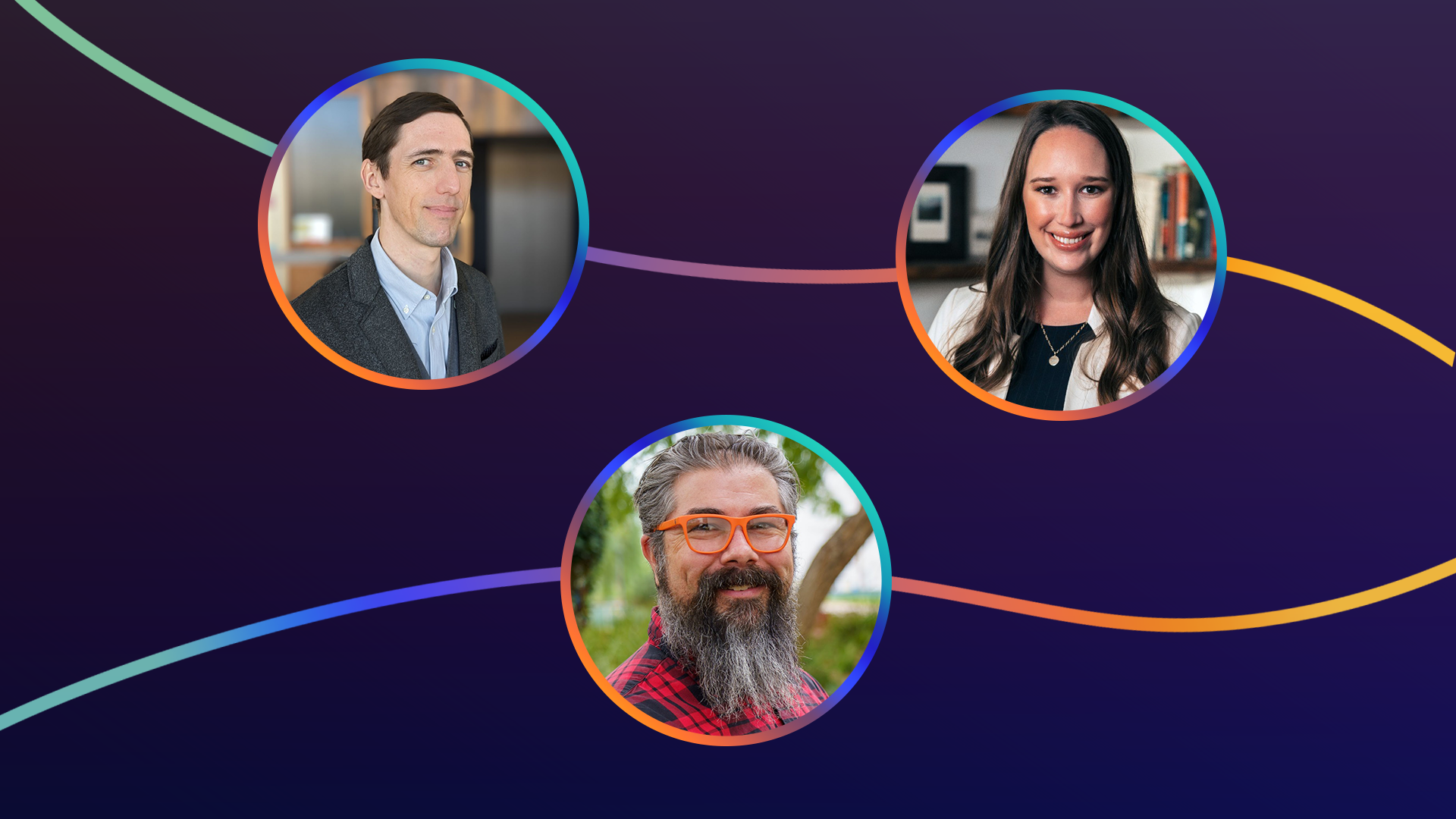Last Updated: December 4, 2023
Immerse insights:
- Continuous learning = good for the brain
- Speaking another language = really good for the brain
- Social language learning = really really good for the brain
- Immerse = continuous learning + foreign language conversation practice + community-centered learning with real humans
The hidden benefits of learning a language through full immersion
Have you ever wondered what additional benefits language immersion provides beyond helping you develop true fluency?
There’s solid evidence that learning a language is not just a social perk, but it is physically good for you!
Scientists are increasingly finding that speaking more than one language and keeping mentally active through learning provides health benefits for your brain, especially as you age.
The research
Cognitive development
In one study, neurologist Dr. Subhash Kaul concluded after analyzing data from over 600 stroke patients that “intellectually stimulating activities pursued over time, from a young age or even starting in mid-life, can protect you from the damage brought on by a stroke."
In addition, Dr. Kaul found that:
"patients with the ability to speak more than one language were twice as likely to retain full cognitive function after experiencing a stroke."
Other studies point to additional ways that knowing more than one language appears to benefit the brain.

For one thing, the average age of dementia onset is earlier for people who only speak one language than for bilinguals.
In fact, the more bilingual you are, the less you are likely to experience dementia.
A 2023 BBC Ideas video suggests this is due to cognitive reserve, our brain’s reserve of thinking power. In other words, learning an extra language fills up our brain’s tank so that it has enough extra to withstand some losses due to age or disease.
Increased cognitive ability
Another advantage is increased cognitive ability.
Bilinguals tend to exhibit more creativity and score higher on cognitive tasks, even ones not related to language, and their brains appear to perform the tasks more efficiently than the brains of monolinguals.
A number of explanations have been proposed to explain why the ability to speak more than one language brings such advantages.
What is known for sure is that learning a language in a natural social context actually causes structural changes in your brain, activating a broad brain network and strengthening various neural pathways.
Even those who learn a second language later in life appear to reap the neurological benefits of bilingualism.
A partial explanation may lie in the social nature of language.

Social interaction is another factor closely associated with brain health among the elderly, probably because of the important role that relationships and social activities play in cognitive functioning.
Social activities centered around communication are particularly likely to decrease the risk of dementia.
And the combination of social interaction and language learning is known to stimulate extensive and complex brain activity.
Social language learning with Immerse
Here at Immerse, we can’t help but notice what this research implies about social language learning in VR. Our award-winning platform helps you learn Spanish, French, or English through social interaction in live small-group classes and social events, plus we have fun language games and AI-powered conversation partners.
And you don’t even need to leave your home - Immerse can be accessed through any computer with Internet access, or with a Quest VR headset.
Check out the amazing transformation stories shared by Immerse learners here.


Miranda Novash






.png)




